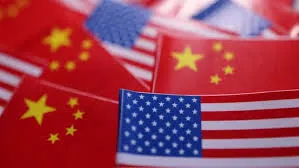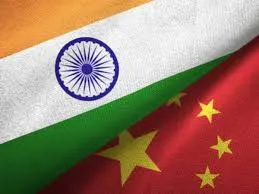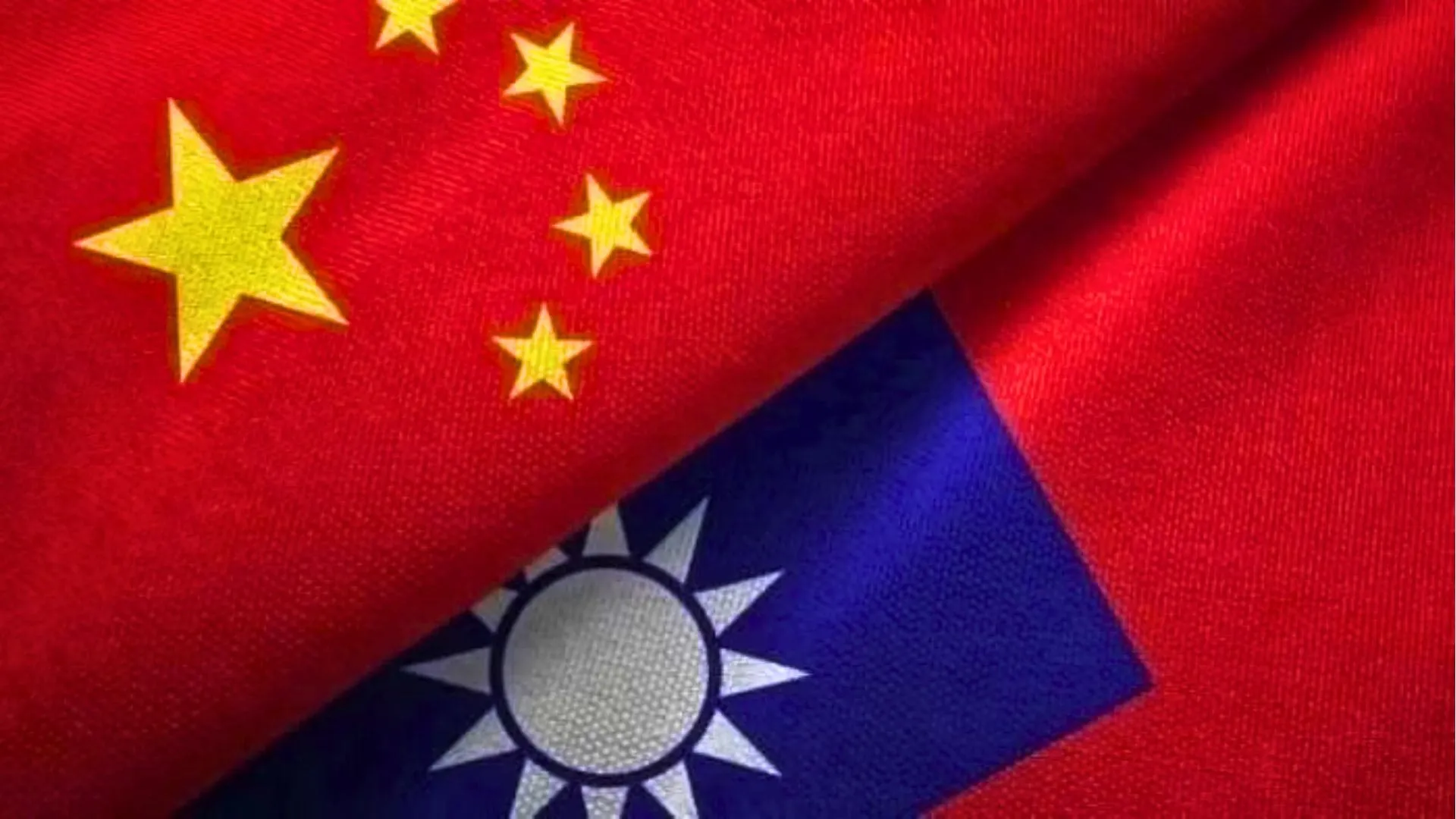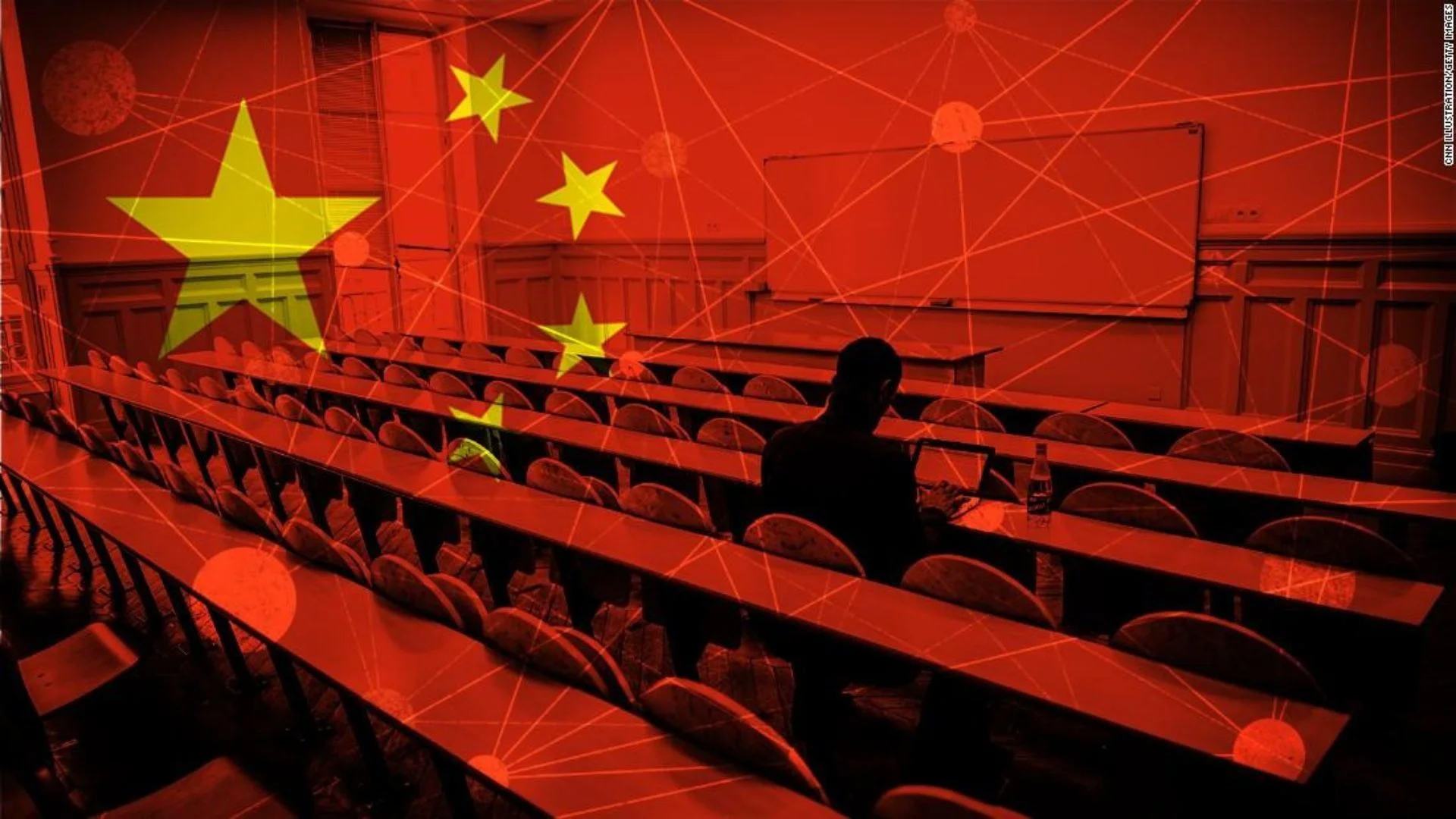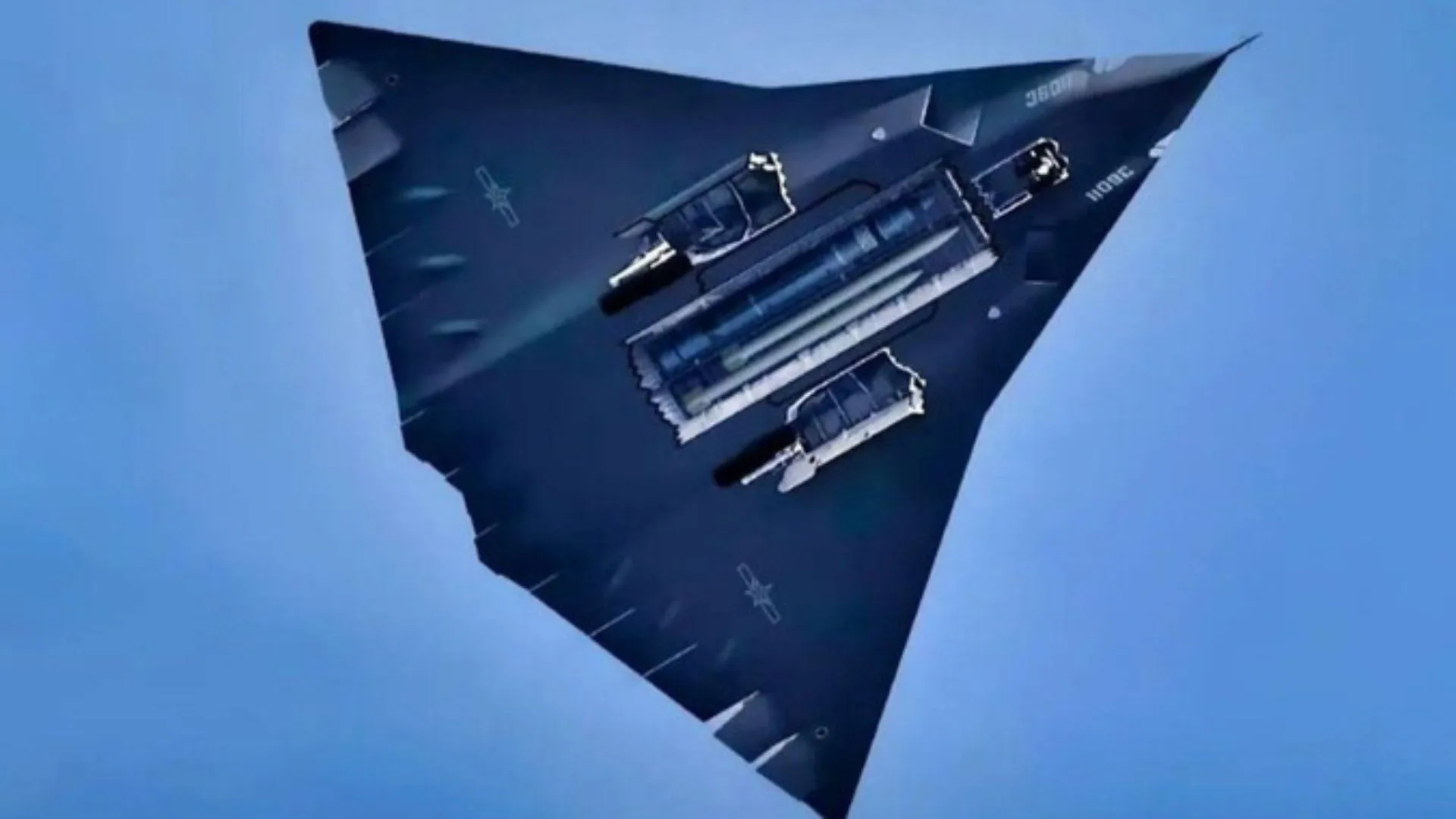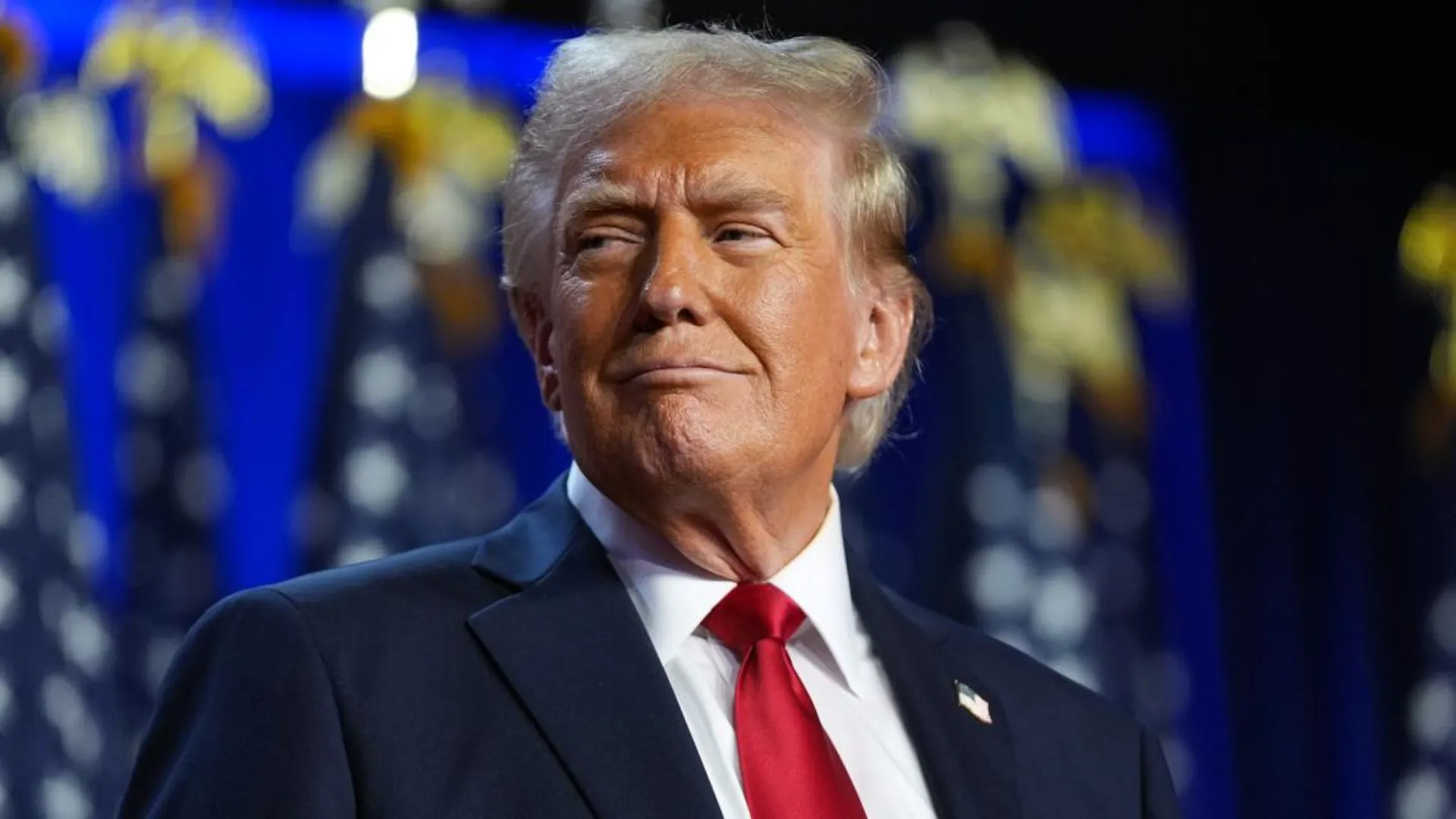According to the Annual Threat Assessment released by US intelligence agencies, China remains the most significant military and cyber threat to the United States. The report highlights Beijing’s advancements in hypersonic weapons, stealth aircraft, advanced submarines, space warfare capabilities, and cyber warfare assets.
Director of National Intelligence Tulsi Gabbard emphasized that the Chinese military, the People’s Liberation Army (PLA), is making “steady but uneven” progress in developing capabilities that could be used to capture Taiwan. The PLA is also expected to use large language models to create fake news, impersonate individuals, and enable cyber-attacks.
Cyber Threats and AI Supremacy Goals
The report further warns that China aims to surpass the US in artificial intelligence (AI) by 2030. Chinese cyber operations have the potential to compromise US infrastructure, target space assets, and disrupt national security systems.
Fentanyl Crisis and Trade Tensions
CIA Director John Ratcliffe informed the Senate Intelligence Committee that China has made minimal efforts to curb the flow of fentanyl precursors fueling the US opioid crisis. In response, former President Donald Trump imposed a 20% tariff on all Chinese imports, blaming Beijing for failing to control the supply of chemicals contributing to the crisis.
China Denies Allegations
China’s embassy spokesperson, Liu Pengyu, dismissed the US accusations, claiming that Washington was “hyping up” the China threat to maintain its global dominance. Liu stated that China remains committed to promoting peace and stability while defending its sovereignty.
US Concerns Over Taiwan and the Arctic
The intelligence report warned that China is likely to increase military and economic coercion toward Taiwan, with the PLA preparing to deter and, if necessary, defeat US military intervention. Additionally, China’s long-term goal includes expanding access to Greenland’s resources to establish a strategic foothold in the Arctic.
Iran, Russia, and North Korea Also Highlighted
The report also identified Iran, Russia, and North Korea as countries seeking to challenge US dominance through proxy networks and advanced missile systems. However, China continues to pose the most comprehensive strategic challenge to US national security.
Economic Challenges in China
Despite its aggressive global strategies, China faces internal challenges such as corruption, demographic imbalances, and economic slowdown, which could impact the legitimacy of the ruling Communist Party.

